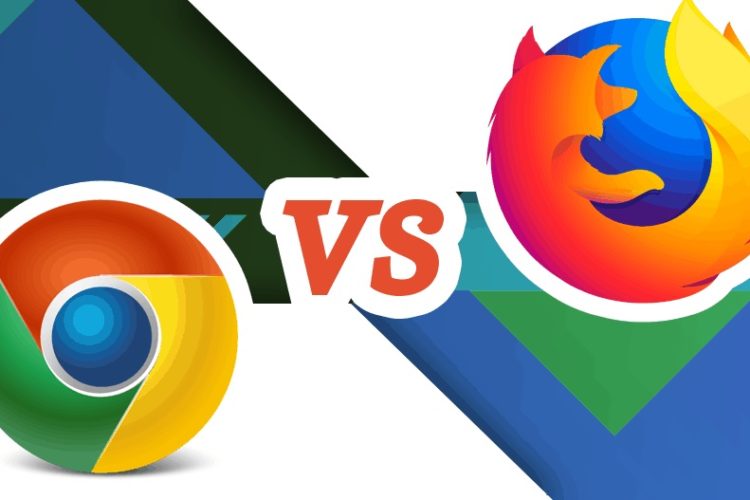When it comes to browsers, Chrome is the leading choice among Internet users, but there are many other options, too. Mozilla has been developing Firefox since 2002 and runs it as an open-source project. Both are great browsers, but each has its own advantages and disadvantages. This article will compare these two popular choices and their benefits and drawbacks. Read on to discover the differences and similarities between these two popular browsers.
Firefox has more customization features, but Chrome’s interface is less flexible. In addition, Firefox is much faster. However, if you want to customize the appearance and functionality of your browser, it’s important to use both. While the interface of Firefox is more flexible and responsive, Chrome’s customization options are more limited. And since both browsers are built on the Chromium platform, they often share many features. For example, Chrome’s right-click menu gives you the option to search Google for an image.
Both Hog Your Resources
Both browsers are resource-hungry and can cause your system to lag. While Chrome is the fastest on the desktop, it’s resource-hungry and can slow down your machine when you have too many tabs open. In contrast, Firefox is faster on mobile, but it’s also resource-hungry. Using both browsers at the same time can cause a lot of stress on your computer.
Chrome lags behind Firefox when it comes to privacy. Both come with an incognito mode (private browsing), but navigazione in incognito on Firefox is better as Chrome is known for collecting data . Another concern with Chrome is that it belongs to Google, a company not known for respecting customer privacy. In fact, its business model relies on collecting user information. This is not the best way to browse the web. You should use a browser that respects your privacy.
Chrome is Easier to Use
Depending on your preference, Chrome may be the better choice for desktop computers. Regardless of operating system, a browser’s user interface is the most important part of the computer. In addition to speed and privacy, it must be easy to navigate. In the case of desktop computers, it’s crucial to make sure you have a good Internet connection. Similarly, on mobile devices, Chrome can be more convenient when you’re on a limited data plan.
While Chrome is the more popular of the two browsers, it lacks features for desktop computers. Its performance is sluggish and uses too much memory, which can cause a computer to make a lot of noise. It also doesn’t support streaming video. When it comes to privacy, Mozilla is more secure and allows you to have more browser tabs open. Aside from that, Firefox is more privacy-conscious, which makes it more secure.

